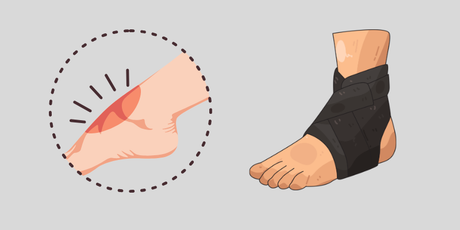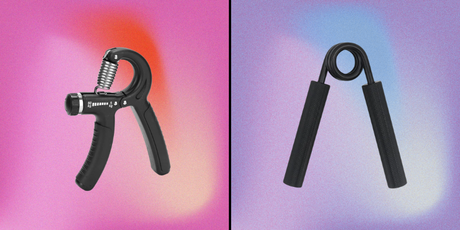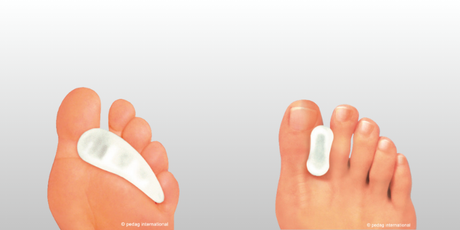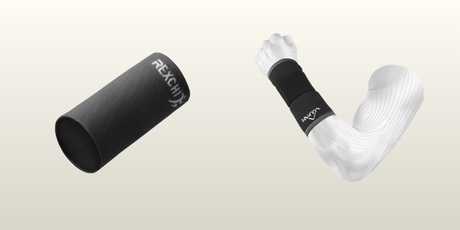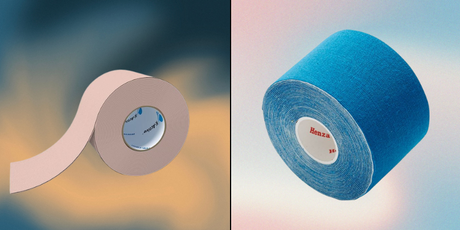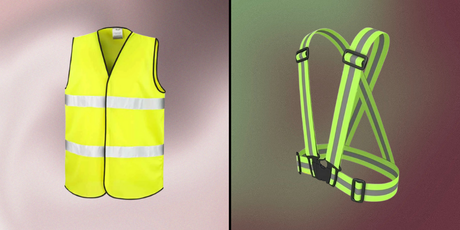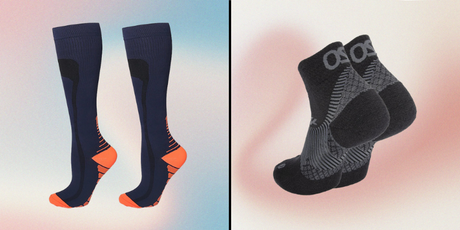Shin Splints (Periostitis)

Shin splints can occur if you overload your lower leg, usually by running or jumping. You may have started your training with a bang or increased it too quickly, run on too hard a surface or train with shoes that are not good for your feet. People who pronate, have high arches or are flat-footed are more likely to get this type of injury. At first you feel pain after exercising, but if you continue to exercise, the pain will also occur during the activity itself.
To avoid long-term problems, it is important to treat them as soon as possible. You should rest from strenuous exercise until you are no longer in pain. In the meantime, you can exercise with less strain on the lower leg, such as cycling and swimming. You can try stretching the muscles on the front of your lower leg when you have shin splints. If the symptoms do not resolve in a few weeks, you may need treatment from a physiotherapist or naprapath.
It is important to wear good, sturdy shoes when walking and running. It can also help if you have inserts or special soles in your shoes that are shock-absorbing. Insoles work both preventively and when you already have problems. It usually feels good to provide support and warmth to the lower leg, and you can do this by using an elasticated calf protector. This helps increase blood circulation and relieves pain at the same time.



